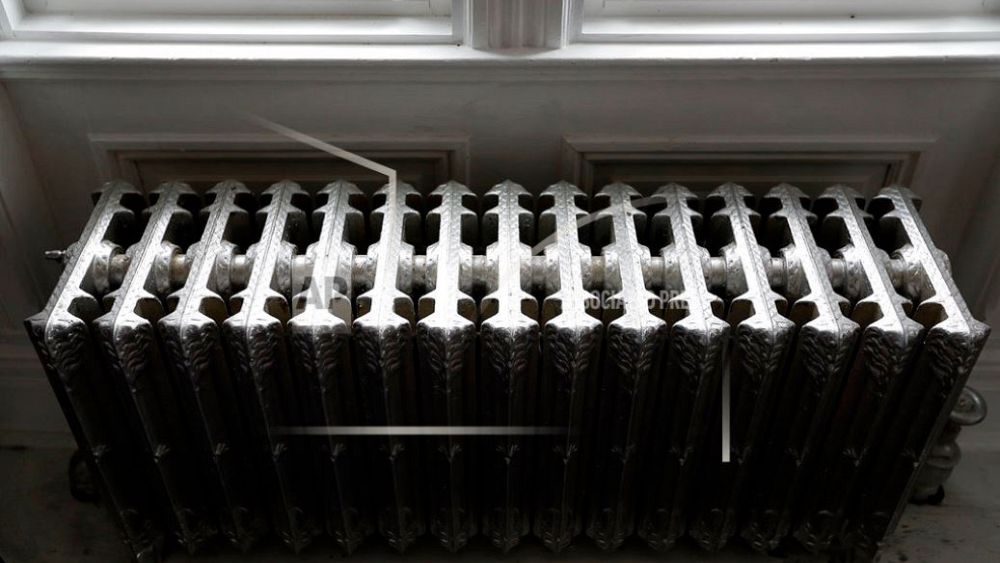
Nearly three million European Union workers cannot afford to heat their homes amid a rise in energy prices, a new study has found.
The European Trade Union Confederation (ETUC) said that 15% of the EU’s working poor lacks enough money to turn on the heating.
The report released on Wednesday found that issue affects the equivalent of 2,713,578 people.
Wholesale prices for gas and electricity have surged across Europe, raising the prospect of increases in already high utility bills and further pain for people who took a financial hit during the COVID-19 pandemic.
“There are millions of low-paid workers in Europe who have to choose between heating their home or feeding their family properly or paying the rent despite working full time,” said ETUC Deputy General Secretary Esther Lynch.
“Unfortunately, rising energy prices mean even more people face returning from a long day or night’s work to a cold home this winter and their children doing their homework in the cold.”
The ETUC called on Brussels to introduce a “threshold of decency” in a draft minimum wage directive.
The union confederation called on the European Union to guarantee that statutory minimum wages never pay less than 60% of the median wage and 50% of the average wage of any EU member state.
The confederation said that 20 EU members currently have statutory minimum wages that fall below those levels.
ETUC said Cyprus has the highest percentage of working poor (45.6%) who can’t afford heating, ahead of Bulgaria, Lithuania, Portugal, Greece, and Italy.
The organisation also said the situation has worsened in 10 member states over the last decade and that the recent hike in energy prices is putting even more workers at risk of falling into energy poverty.
EU transportation and energy ministers met on Wednesday in Slovenia to discuss the EU’s “Fit for 55” climate and energy package.
The initiative is designed to help the 27-nation bloc reduce greenhouse gas emissions by 55% by 2030 compared to 1990 levels.
Earlier this month, the EU vice president in charge of climate issues said the bloc should ensure that the most vulnerable people won’t pay the heaviest price of the transition to renewable energy sources.











